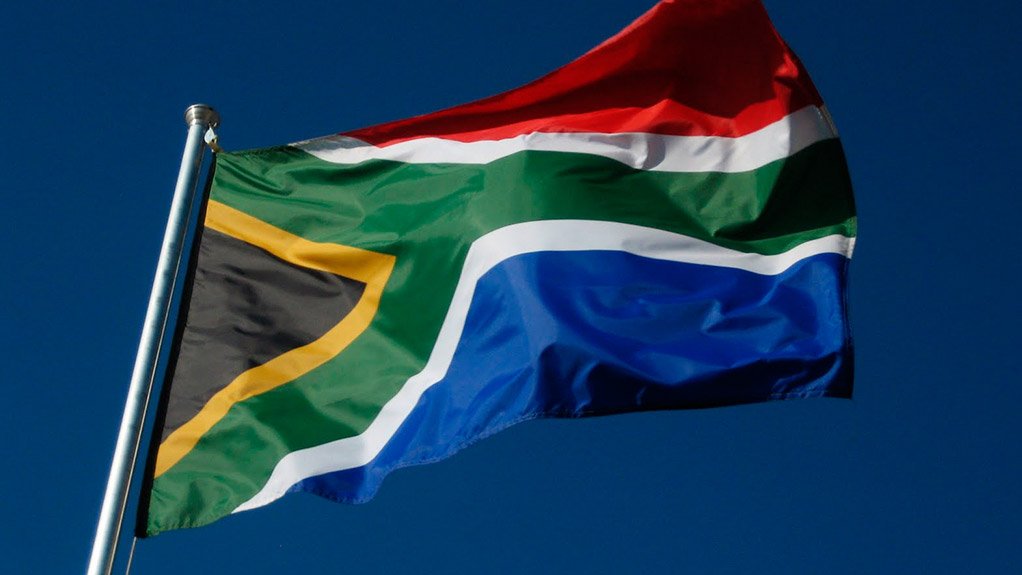South African organisations are reporting the highest instances of economic crime in the world with it reaching its highest level over the past decade, a PwC report released on Wednesday has found.
According to the PwC's biennial Global Economic Crime Survey, South African organisations that have experienced economic crime is now at a staggering 77 percent, followed in second place by Kenya at 75 percent, and France in third place at 71 percent.
The Global Economic Crime and Fraud Survey examines over 7,200 respondents from 123 countries, of which 282 were from South Africa, with half of the top ten countries who reported economic crime coming from Africa.
"Asset misappropriation" remains the most prevalent form of economic crime reported by 45 percent of respondents globally, and 49 percent of South African respondents.
This report comes as South African investors are still reeling from losing billions of rand from the Steinhoff International "accounting irregularities" scandal, with firms such as KPMG and Trillian Capital also having their business practices come into question.
One of the new categories of economic crimes was that of "fraud committed by the consumer". It is the second most reported crime in South Africa at 42 percent and takes third place globally at 29 percent.
PwC said that 35 percent of South African respondents lost more than $100 000, approximately R1.2-million, to what they regarded as the most disruptive economic crime to affect them, with one percent reporting losses of greater than $100-million, approximately R1.2-billion.
Trevor White, PwC partner in the forensic services and South Africa survey leader, said that economic crime continued to disrupt business, with this year’s results showing a steep incline in reported instances of economic crime.
"At 77 percent South Africa’s rate of reported economic crime remains significantly higher than the global average rate of 49 percent. However, this year saw an unprecedented growth in the global trend, with a 36 percent period-on-period increase since 2016," White said.
"We have seen paradigm shifts in the way that businesses are being run. Notably, the accountability for fraud and economic crime has moved into the executive suite, with the C-suite increasingly taking responsibility, and the fall, when economic crime and fraud occur.
"Organisations are beginning to shed their denial complex regarding the many blind spots they have in identifying fraud and are learning how to address them."
Edited by: African News Agency
EMAIL THIS ARTICLE SAVE THIS ARTICLE
To subscribe email subscriptions@creamermedia.co.za or click here
To advertise email advertising@creamermedia.co.za or click here













